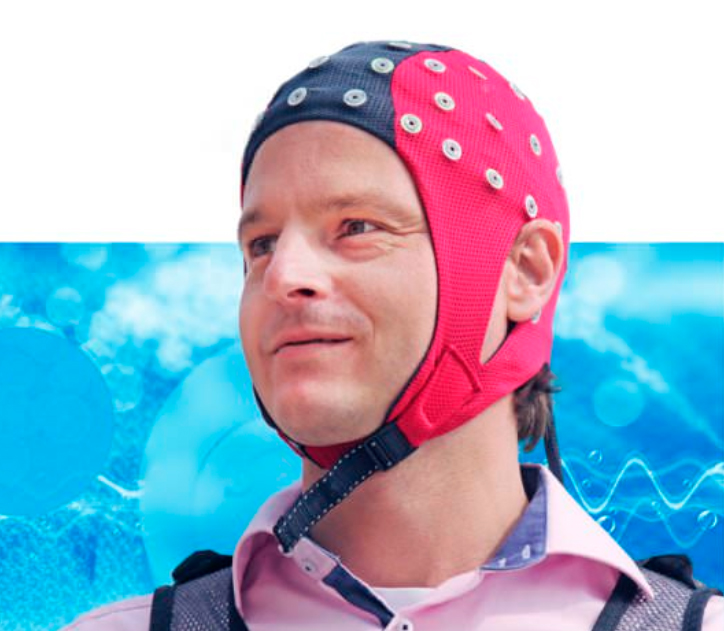- +1 800 433 4609
- |
- Request Info
- |
- Login
Brain Frequencies - Memory Loss
Upwards of 20% of individuals age 65 and older already have detectable symptoms of mild cognitive impairment; however, diagnosing the cause of memory loss can prove challenging. Historically, many doctors have relied on self-report questionnaires and effort-based computerized testing for determining a diagnosis; however, even when used in optimal conditions, these assessments often fall short in the detection of early or less severe disease presentations. Additionally, current tools lack the sensitivity and objectivity needed to develop accurate diagnoses, resulting in misdiagnosis in a segment of the patient population. Therefore, when patients present with concerns of memory loss, the physician needs a quick, easy-to-use, low-cost, objective, and sensitive test.
Electroencephalography (EEG) has been employed extensively in clinical research and provides a non-invasive and office-based solution for objectively measuring brain function. Leading research agrees that clinical evaluation along with other supportive diagnostic techniques, such as functional neuroimaging, may be necessary to substantiate memory loss diagnoses; however, since the sensitive equipment needed is expensive and data interpretation can be difficult and time-consuming, the EEG has historically been out of reach for many practicing physicians.
It can help physicians to diagnose:
- Detect memory loss and MCI sooner
- Identify the root cause of memory loss
- Perform differential diagnosis of dementia vs. pseudo-dementia
Peak Frequency
Peak Alpha Frequency (PAF) (8-12 Hz) has been correlated with cognitive performance between healthy and clinical individuals. PAF also varies within individuals across developmental stages, among different cognitive tasks, and among physiological states induced by administration of various substances. Regardless of the age, patients with strong memory abilities have far faster PAF than those patients experiencing memory loss symptoms.
Studies have shown significantly lower PAF in individuals with TBI, mostly during post-task rest and abnormally low PAF (<8 Hz)has been associated with patients that are experiencing cognitive decline and dementia. Slowed PAF has also been correlated with loss of hippocampal volume in patients with MCI.
This biomarker is extremely helpful when attempting to identify patients with pre-clinical dementia and to study the longitudinal progression of cognitive decline.


